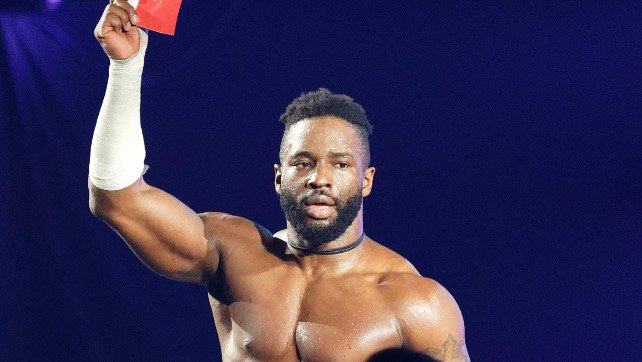Cedric Alexander is the newest hire of The Hurt Business, a group led by MVP and CEO Bobby Lashley that has risen to the top of Monday Night Raw in recent weeks. While some fans may be surprised that Alexander turned his back on his friends and joined the conglomerate, Cedric told TV Insider why the move made sense…

As we exclusively reported yesterday, Vince McMahon was said to be in rare form during WrestleMania this past weekend and…




